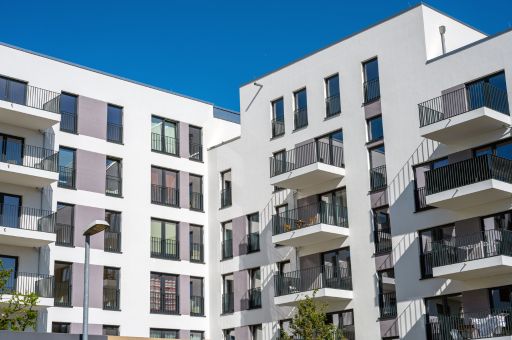The text reactivates the exchange of vacancies – without the possibility of growth – while the island councils set their ceiling on vacancies to lift the moratorium.
Measures are included to fight against illegal supply, such as the increase of sanctions up to 500,000 €, and a regulation of saturated and reconversion zones.
The Consell de Govern has approved this Friday the Decree Law of measures to contain tourism, which includes the prohibition of new places in multi-family dwellings; measures against illegal supply, such as the increase in penalties up to 500,000 euros, and measures for the reconversion of obsolete supply, to move towards sustainability. It is also committed to the quality of tourism in the Balearic Islands.
After having presented last March a package of proposals on tourism focused on responding to the different objectives of the bases of the Transition Agenda arising from the Pact for Sustainability, the Ministry of Tourism, Culture and Sports of the Government has carried out a process of dialogue with the different parliamentary groups over the last month to achieve a majority to approve the measures.
TDB keeps you informed. Follow us on: Facebook, Twitter and Instagram
The Consell de Govern approves the Decree Law of tourist containment with the prohibition of new places in multi-family dwellings
In this way, the Decree Law includes the proposed measures that have found support to be approved in the Parliament of the Balearic Islands. Specifically, the text approved today has the support of the Popular Parliamentary Group and the Vox Parliamentary Group, once the taxation proposals have been excluded from this text. Thus, the Decree Law approved includes measures focused on the control of supply, the fight against illegal supply and the conversion and improvement of the quality of tourism in the Balearic Islands.
‘We are satisfied with the text approved today because it puts an end to the growth in the number of vacancies favoured by the previous government and we are focusing on the search for quality and excellence, while at the same time providing solutions to the residential emergency,’ said the Minister of Tourism, Culture and Sport, Jaume Bauzá, at a press conference.
Measures to control supply
The main new feature of the Decree-Law is the ban on new tourist accommodation places in multi-family dwellings throughout the archipelago, and for existing properties that wish to renew their licences, the quality requirements are raised by regulation.
On the other hand, it reactivates the exchange of vacancies between private individuals -with no increase in vacancies- and the change of use of tourist establishments into housing exclusively for residential use, while waiting for the island councils to set their ceiling on vacancies and carrying capacity in order to lift the current moratorium on vacancies in force.
In addition, it creates a transitory vacant stock exchange that will collect those vacancies that are cancelled to guarantee their containment and prevent their decrease.
Measures to combat illegal supply
Another of the main axes of the Decree Law is the persecution of illegal supply with higher requirements and harsher sanctions.
These include the obligation for marketing portals to demand the registration number of the accommodation to be marketed, in which both the owners and the marketing platforms are held responsible for possible infractions.
As for penalties, they increase by 25% with fines of up to 500,000 euros. Specifically, the very serious ones go from 40,001-400,000 euros to 50,001-500,000 euros; the serious ones, from 4,001-40,000 euros to 5,001-50,000 euros, and the minor ones, from 0-4,000 euros to 0-5,000 euros.
Sanctioned landlords may obtain a reduction of up to 80 % of the sanction if they allocate their housing to social renting or rent at a limited price. In this case, the beneficiary of the rental income will be the Autonomous Community. This measure is aimed at creating housing in the face of residential emergencies.
Saturated and reconversion areas
The text also includes the establishment of a framework for the regulation of new saturated and reconversion zones, which may be declared by the island councils upon presentation of a strategic plan of action, as well as an extraordinary regime for the modernisation of establishments to promote the modernisation of supply, which will allow an increase of up to 10% in the surface area of tourist establishments, without permitting either growth in height or an increase in new tourist places.
Saturated and conversion areas will be strategic when it comes to allocating government aid and will have to be part of a SICTED quality certification process.
